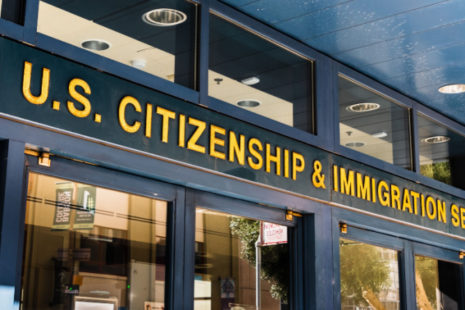Childhood trauma can affect individuals throughout their lives, including adulthood. Some common ways that childhood trauma may manifest in adults include:
- Mental health problems: Adults who have experienced childhood trauma may be at increased risk for various mental health problems, including depression, anxiety, post-traumatic stress disorder (PTSD), and substance abuse.
- Relationship difficulties: Childhood trauma can also impact an individual’s ability to form healthy relationships, leading to difficulties with trust, intimacy, and communication.
- Self-esteem and self-worth issues: Childhood trauma can affect an individual’s sense of self-worth and self-esteem, leading to shame, guilt, and low self-confidence.
- Physical health problems: Childhood trauma can also increase the risk of physical health problems, including chronic pain, digestive problems, and cardiovascular disease.
- Difficulty managing emotions: Childhood trauma can interfere with an individual’s ability to manage emotions, leading to difficulties with emotional regulation, impulsivity, and anger management.
- Cognitive problems: Childhood trauma can also affect an individual’s cognitive development, leading to difficulties with learning, memory, and executive functioning.
It’s important to note that while childhood trauma can have lasting effects, with appropriate support and treatment, individuals can learn to manage their symptoms and heal from the effects of trauma. If you or someone you know has experienced childhood trauma, it’s important to seek help from a mental health professional or other trusted healthcare providers.





